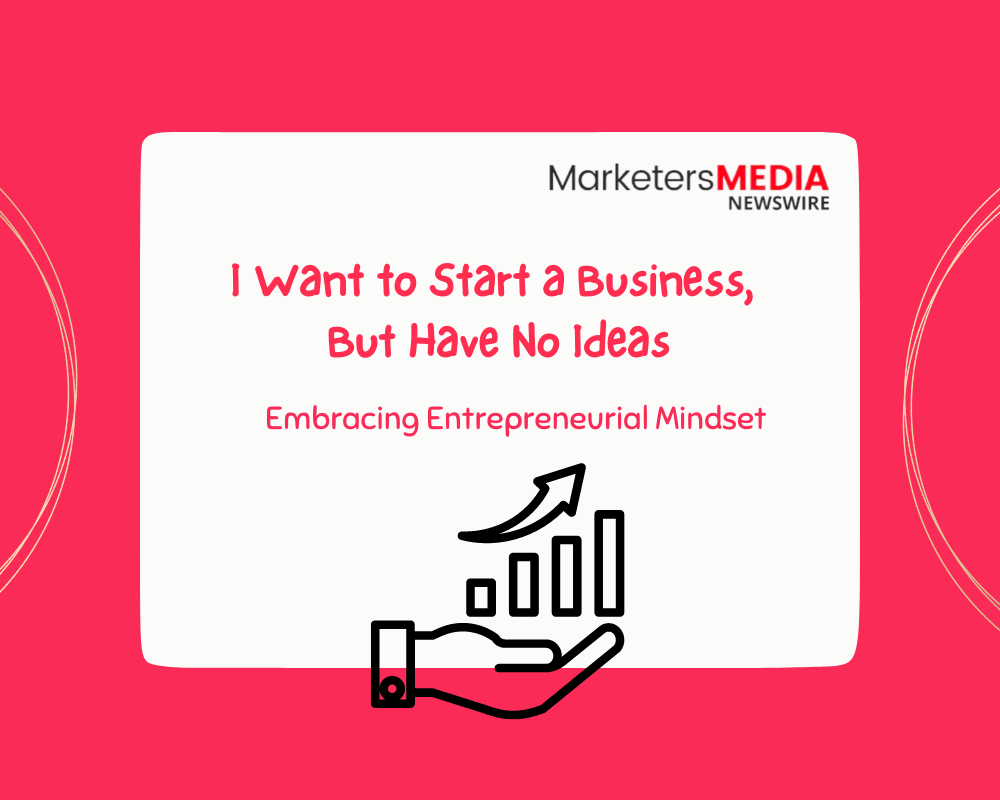So, you're itching to kickstart a business venture but drawing a blank on innovative ideas? Don't sweat it – you're not alone.
Many successful entrepreneurs once stood at this very crossroads. Consider the likes of Jeff Bezos and Mark Zuckerberg; they began as business owners with new business ideas that ignited into global companies. History is brimming with tales of visionaries who transformed simple concepts into profitable companies.
The key lies in tapping into your passions, identifying unmet needs, or putting a unique spin on existing products or services. With determination and a sprinkle of creativity, you can carve out your niche in the bustling world of entrepreneurship with a small business idea and a solid business plan. Let's explore how to ignite that entrepreneurial flame without reinventing the wheel.
Embracing Entrepreneur Mindset
Overcoming Self-Doubt
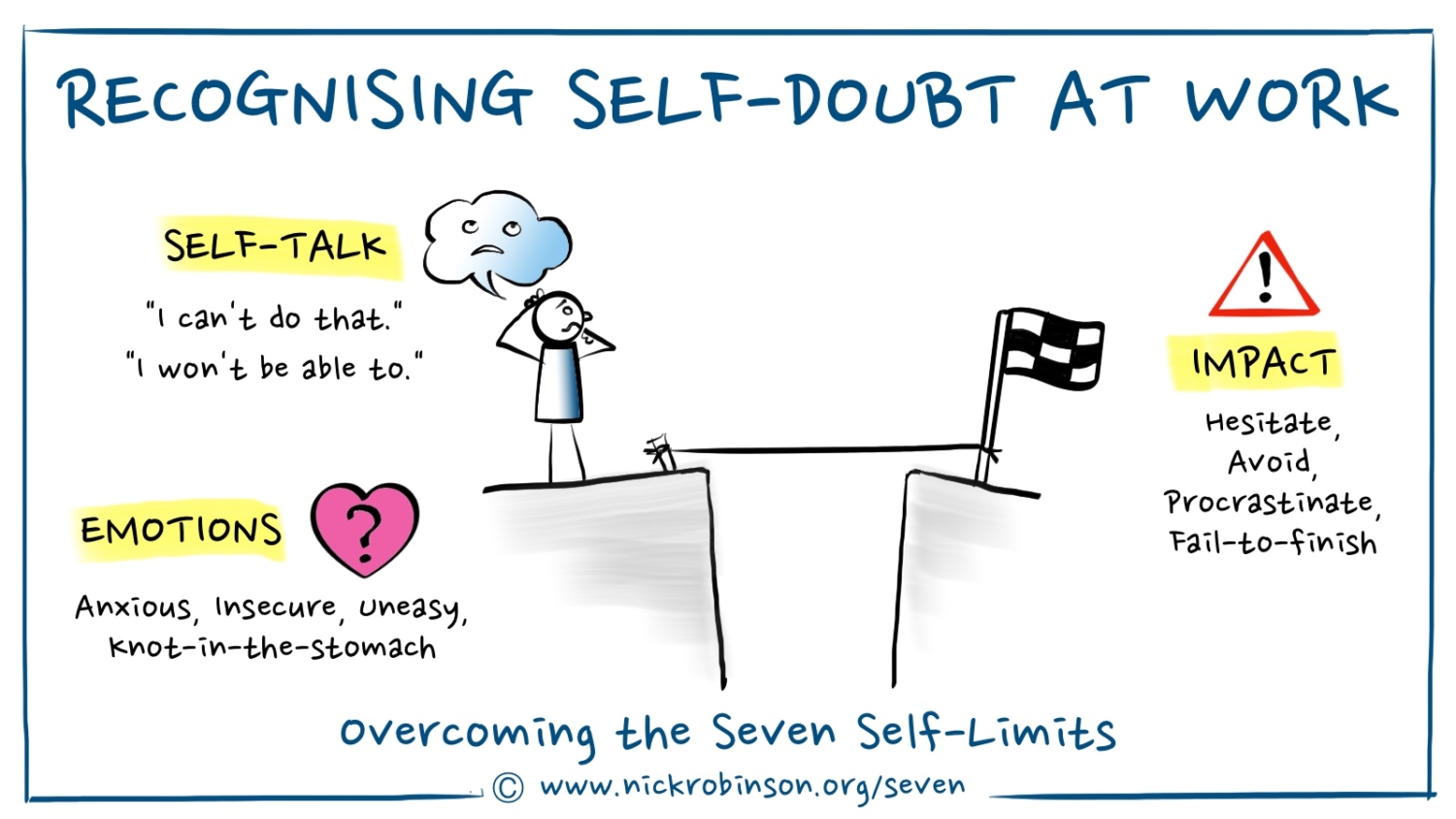
Self-doubt is common when starting small businesses without specific ideas. Recognize your skills and focus on them to build confidence. Surround yourself with supportive people who believe in you. Remember, failure is not the end but a stepping stone towards success.
When self-doubt creeps in, remind yourself of past achievements, experience, and capabilities. Embrace failures as opportunities to learn and grow stronger in businesses and skills as an entrepreneur. Reflect on what went wrong in work, make adjustments, and move forward with newfound experience.
- Recognize your strengths
- Surround yourself with positive people
- Learn from failures
Eliminating Fear
Fear can paralyze potential entrepreneurs. Break down your fears into smaller steps to make them more manageable. Take small actions daily to gradually overcome fear's grip on you.
Sometimes seeking help is crucial; mentors or coaches can provide guidance and support to people during challenging times. They can offer valuable insights based on their experiences that will help you face fears head-on.
- Break down fears into manageable steps
- Take small actions daily
- Seek support from mentors or coaches
Entrepreneur Success
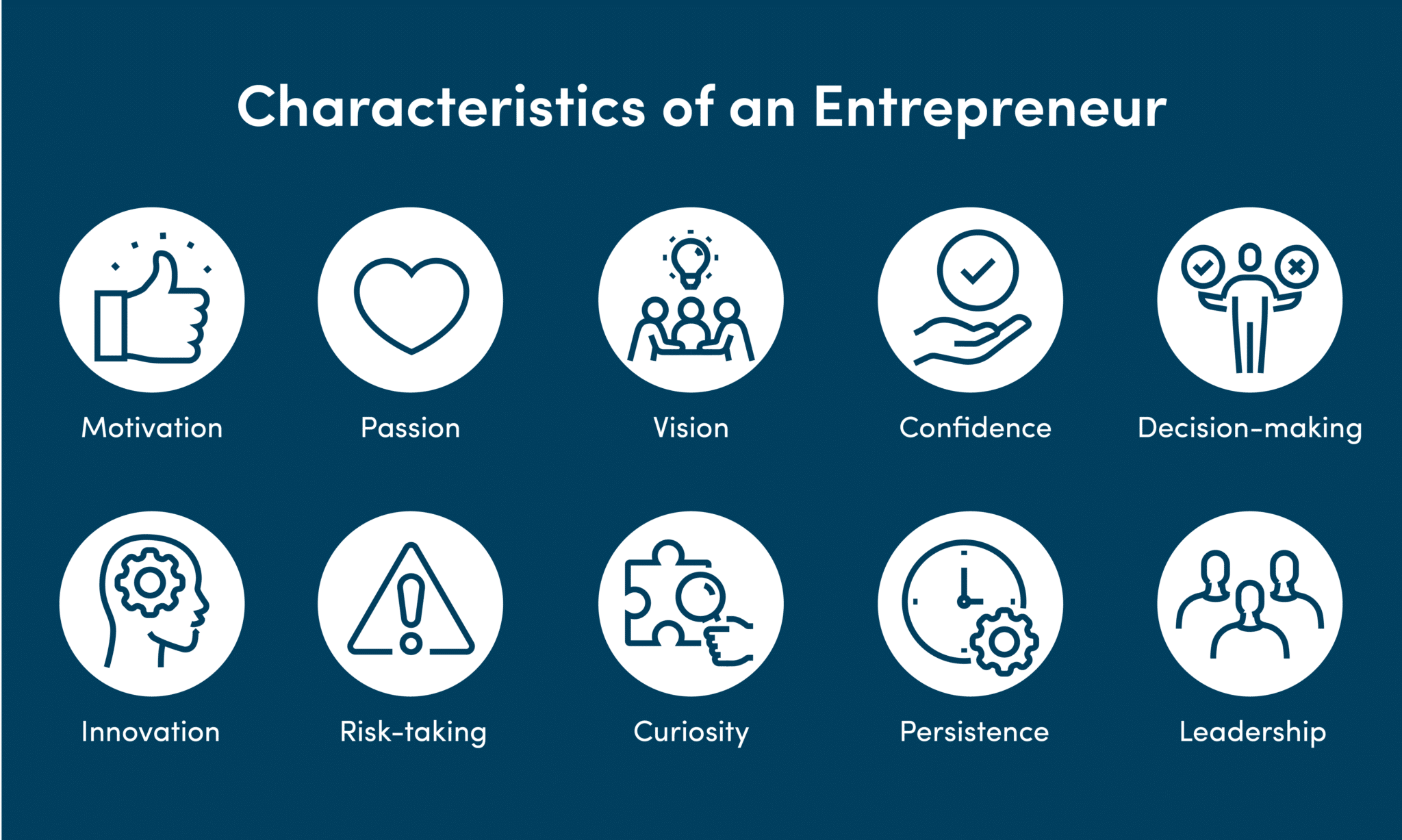
Success in business varies for each entrepreneur; define what it means to you personally before embarking on the journey. Setting clear goals helps create a roadmap for achieving success in your business venture.
Persistence and adaptability are key skills necessary for navigating challenges along the entrepreneurial path successfully. Stay focused on your business goals while being flexible enough to pivot when needed.
Generating Business Ideas
Brainstorming Without Constraints
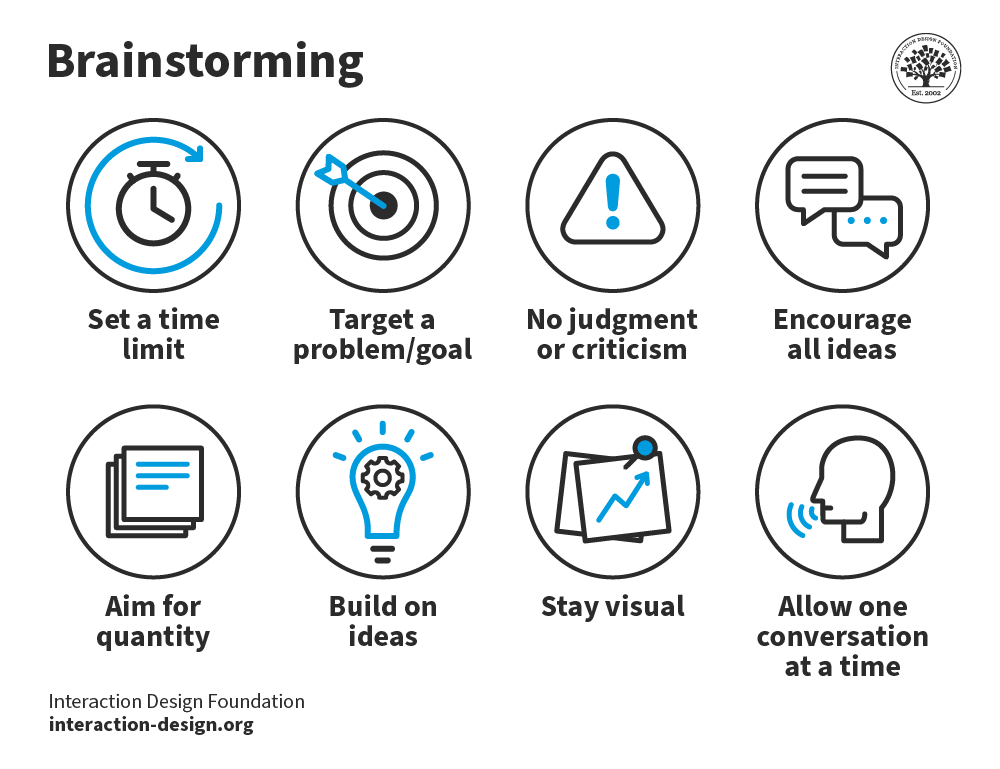
When you're stuck without any new business ideas, it's time to let your imagination run wild. Use techniques like mind mapping to visualize possibilities and encourage unconventional thinking. Reverse thinking can also help flip problems into innovative solutions.
Allow yourself the freedom to think outside the box and explore uncharted territories in your mind. Sometimes, the most outlandish ideas can spark the creation of a unique and successful business venture.
- Allow free-thinking without constraints
- Encourage wild ideas
- Utilize brainstorming techniques like mind mapping or reverse thinking
Discovering Unmet Needs
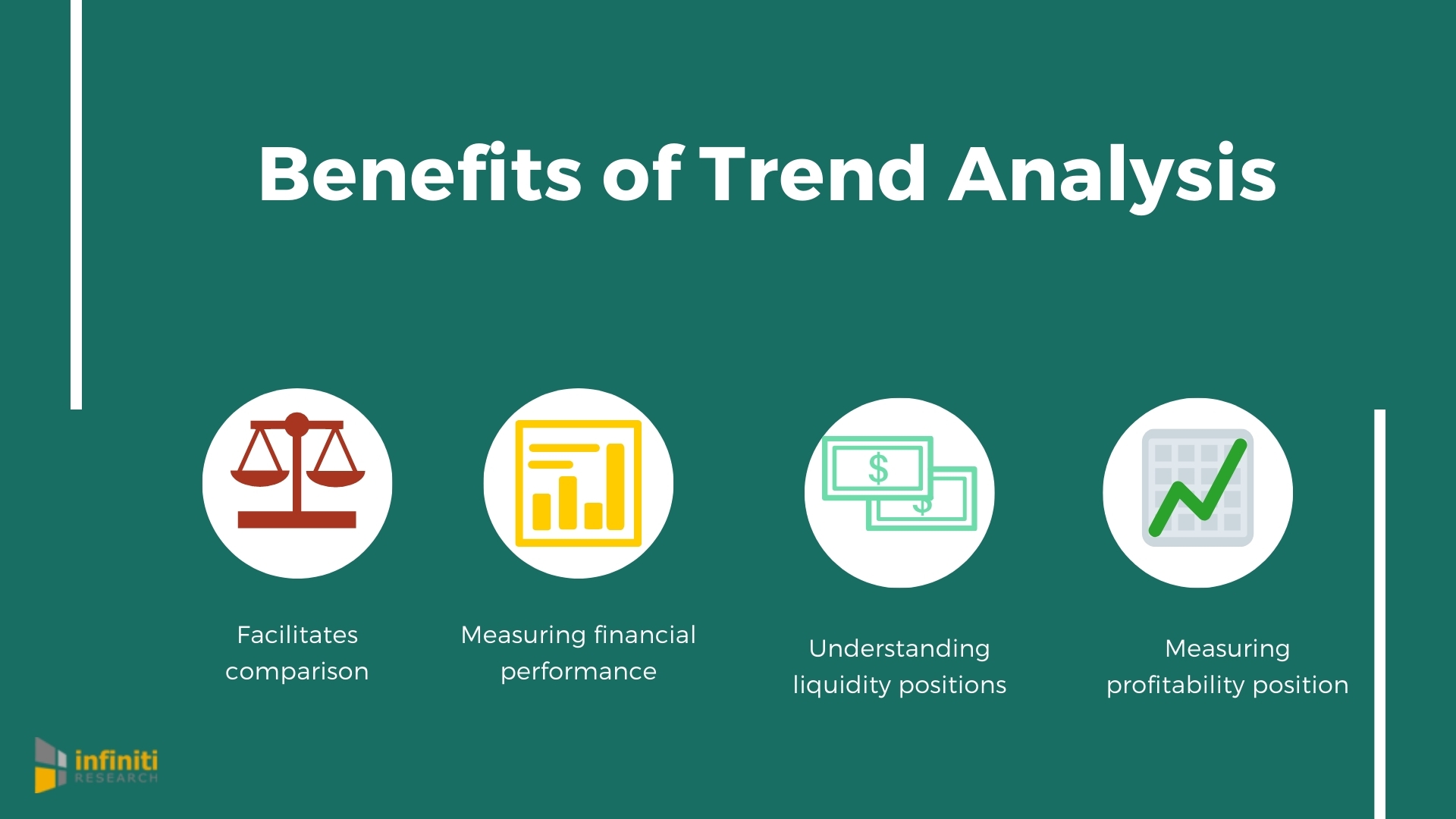
To uncover small business ideas, pay attention to everyday situations where people face challenges or frustrations. Engage with potential customers to understand their unmet needs better by conducting surveys or interviews. Research industry trends and market gaps for untapped opportunities.
By observing pain points in daily life at work, you might stumble upon a problem waiting for an innovative solution that could turn into a profitable business idea down the road.
- Observe daily life situations for pain points
- Talk to potential customers about their unmet needs
- Research industry trends and identify market gaps
Exploring Niche Markets

Delve deeper into specific target audiences, clients with unique requirements when exploring new business idea options. Look into niche markets that align with your passions or expertise as they often present less competition but higher demand from a dedicated customer base.
By evaluating competitors within each niche market, you can gain insights on how to differentiate your business effectively and carve out a distinctive position in the market landscape.
- Identify specific target audiences with unique needs.
- Research niche markets aligned with interests.
- Evaluate competition within each niche market.
Identifying Potential Customers
Market Research
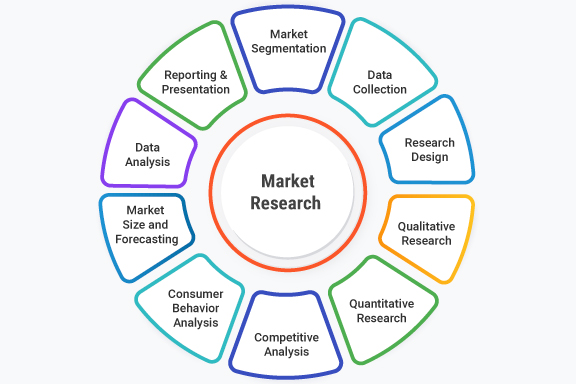
Market research is crucial when starting a business without concrete ideas. By conducting surveys, interviews, or focus groups for business, you can gather valuable data on market trends, customer behavior, and competitor strategies. Online tools like Google Trends or social media analytics can provide insightful information to guide your business decision-making process.
Analyzing this data helps in understanding the needs and preferences of potential customers. For instance, if the surveys indicate a growing demand for eco-friendly products among young adults, you might consider developing sustainable alternatives in that niche. This business approach allows you to tailor your offerings to meet specific market demands effectively.
Customer Needs
Understanding the problems faced by your target customers is essential for success. By identifying their desires, preferences, and pain points through thorough research and analysis, you can start a business that directly addresses those needs. For example, if busy professionals express challenges finding healthy meal options due to time constraints, you could explore meal prep services as a solution.
By focusing on addressing customer needs effectively with innovative solutions tailored to their requirements and preferences; businesses can establish a loyal customer base while differentiating themselves from competitors who may not be meeting these specific demands adequately.
Profitable Niches
When exploring profitable niches for your business venture with no clear ideas initially; it's crucial to evaluate various factors such as demand levels within different markets; competition intensity; pricing opportunities available within each niche segment. Assessing these business aspects helps identify areas where there is potential for growth and profitability.
Researching New Technologies
Staying updated on industry trends and emerging technologies is crucial when you want to start a business but have no ideas. By identifying long-term growth potential in specific trends, you can align your business concepts with these advancements for sustainable growth. For instance, if the trend shows an increasing demand for eco-friendly products, consider developing new products that cater to this need.
Moreover, exploring innovation opportunities involves looking for areas where existing solutions can be enhanced or improved upon. By identifying market gaps that need innovative ideas to start, you can carve out a unique space for your business. Collaborating with others can also foster creativity and spark new digital product ideas by bringing together diverse perspectives and skill sets.
When considering starting a home-based venture because you lack initial business ideas, think about the benefits of operating from home. Evaluate the feasibility of starting a business from home while understanding any legal requirements needed in doing so. Leveraging technology and online platforms becomes essential in reaching customers remotely without the need for a physical storefront.
Pros:
- Accessible work environment
- Cost-effective startup option
- Flexibility in working hours
Cons:
- Potential distractions at home
- Limited face-to-face customer interaction
- Regulatory restrictions based on location
Exploring new technologies through thorough research opens up avenues for creating innovative digital products or services tailored to meet evolving consumer needs. By delving into different technological landscapes like AI or blockchain, you may stumble upon unique product ideas that could disrupt traditional markets.
Networking and Collaboration
Networking is crucial when you need to start a business but have no ideas. Networking events such as industry conferences or meetups can help expand your business connections. By attending these business events, you can meet like-minded entrepreneurs and professionals who might inspire you with new concepts.
Moreover, engaging in conversations with individuals from various backgrounds can spark innovative ideas. You could find potential business partners or even customers through these interactions. Building a strong community around your business idea is essential for its growth, success, and start.
Successful business entrepreneurs and role models are great resources to learn from. Their journeys may provide valuable insights that could ignite your creativity and guide you towards identifying a unique business concept. Exploring different industries or sectors outside of your comfort zone can offer fresh perspectives that may lead to innovative business ideas.
To build relationships effectively, prioritize communication skills such as active listening and clear articulation of thoughts. Cultivating strong connections with customers, suppliers, partners, and start is vital for the sustainability of your business venture. By offering value through products or services that address their needs, you establish trust which forms the foundation of long-term relationships within the entrepreneurial ecosystem.
Testing and Researching Ideas
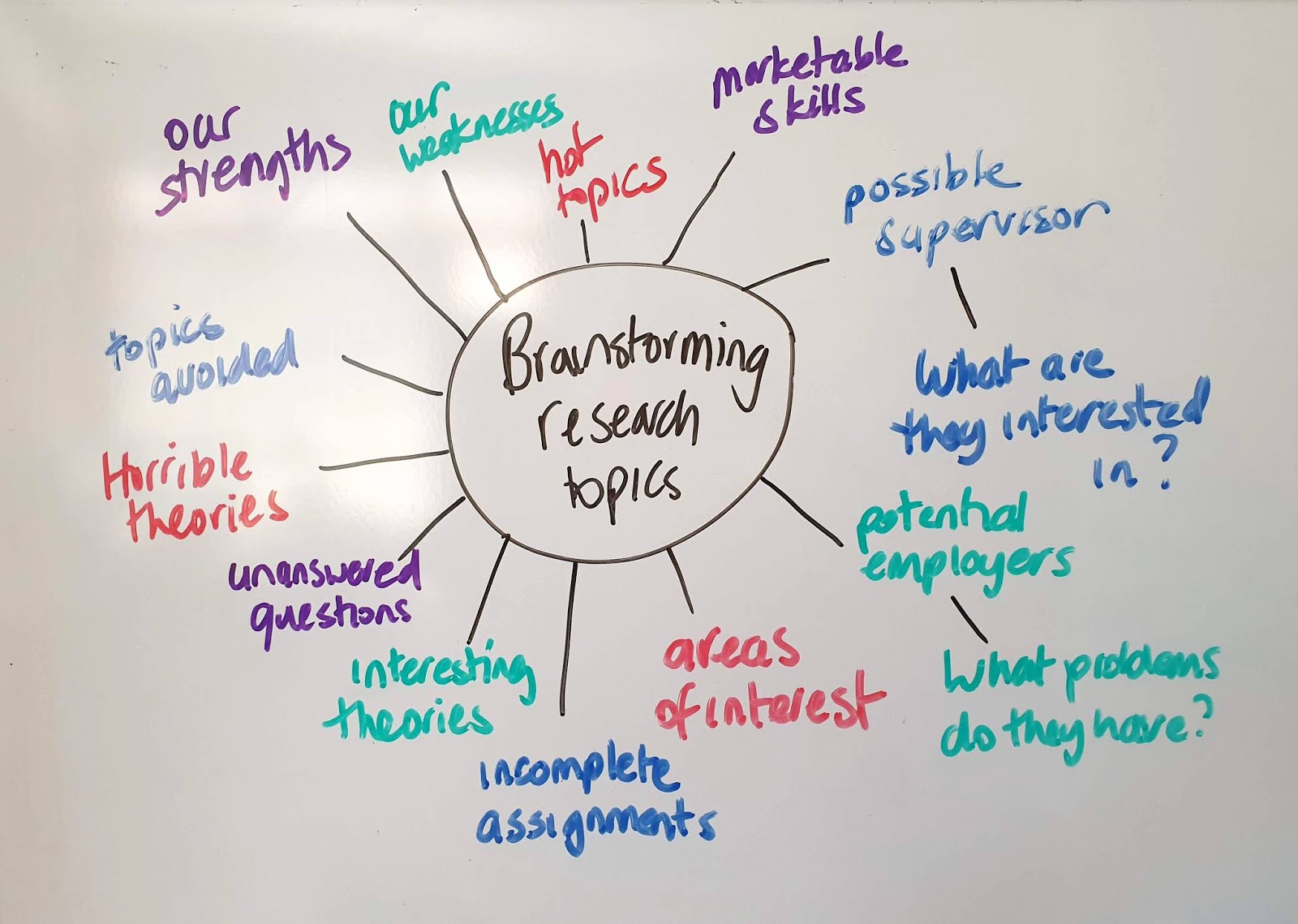
When you're eager to start a business but lack specific ideas, the key is to test and research potential concepts thoroughly. Product testing involves creating prototypes or MVPs to gather feedback from your target audience to start a business. By iterating and refining based on customer input, you can tailor your product to meet market needs effectively.
To validate your business idea successfully, engaging in market validation is crucial. Conduct market tests or pilot programs to gauge customer interest, demand, and their willingness to pay for your product or service. Utilize data-driven insights gathered during this business start process to make informed decisions about the viability of your idea.
Establishing a continuous feedback loop with customers is essential for refining your business concept further. By actively listening to customer suggestions, complaints, and needs in business, you can adapt your products or services accordingly. Regularly collecting feedback allows you to improve not just individual offerings but also refine overall business strategies over time.
Product Testing:
- Develop prototypes or MVPs
- Gather feedback through surveys
- Refine based on user input
Market Validation:
- Conduct market tests
- Measure customer interest
- Use data insights for decisions
Feedback Loop:
- Establish channels for feedback collection
- Actively listen to customer needs
- Improve products/services using feedback
Testing various ideas through prototyping and gathering direct user input enables you, as an aspiring entrepreneur without specific concepts yet in mind, to refine potential businesses effectively before fully committing resources into them. This iterative approach helps mitigate risks associated with launching untested business ventures while increasing the likelihood of success when bringing a new idea into reality.
Building with Limited Resources
Lean Product Development
When you want to start a business but have no ideas, lean product development is crucial. It involves delivering value quickly and efficiently. By continuously iterating based on customer feedback, you refine your products or services.
For instance, if you plan to launch a new app but lack specific ideas, create a basic version first. Get it in the hands of users for feedback. This approach allows you to adjust business features based on real user experiences.
Resource Management
Effective resource management is key when starting a business without clear ideas. Allocate time, finances, and human resources wisely for maximum efficiency. Consider outsourcing non-core tasks or automating repetitive processes to free up time for business.
Suppose you aim to open a business but are unsure about the products to sell initially. Focus on optimizing your budget by using dropshipping services or automating order processing tasks.
- Implement lean principles.
- Continuously iterate based on feedback.
- Optimize resource allocation effectively.
- Consider outsourcing non-core tasks.
Cost-Effective Solutions
In situations where launching a business seems daunting due to limited ideas, focus on finding cost-effective solutions without compromising quality. Explore different suppliers or materials that offer better prices while maintaining standards.
If starting a clothing line feels overwhelming because of design uncertainties, consider simple designs that require less material variation initially as cost-saving measures.
By implementing efficient processes and exploring alternative options smartly:
- Achieve cost savings without sacrificing quality.
- Reduce overhead expenses efficiently.
- Utilize alternative suppliers strategically.
Marketing Considerations
Understanding Marketing
Marketing is crucial when you want to start a business but have no ideas. It involves identifying target markets, creating value propositions, and developing marketing plans. Utilize digital channels like social media and email to engage with customers effectively.
To succeed in marketing, understanding the fundamentals of different strategies and business is key. For instance, identifying your target audience helps tailor your products or services to meet their specific needs better. By creating a strong value proposition, you can differentiate your business from competitors and attract more customers.
Pros:
- Helps reach potential customers
- Builds brand awareness
Cons:
- Can be time-consuming
- Requires continuous adaptation
SEO Content Writing

SEO content writing plays a vital role in attracting online traffic to your business. Conducting keyword research helps determine what topics are relevant to your target audience. Crafting compelling headlines and meta descriptions increases the likelihood of users clicking on your content.
Ensuring that your business website ranks well on search engine results pages is essential for visibility. By optimizing your content for search engines, you increase the chances of reaching a broader business audience interested in what you offer.
- Identify relevant keywords through research.
- Create engaging content around those keywords.
- Optimize meta tags for better search engine visibility.
Target Audience Engagement
Engaging with your target audience is critical for building relationships and fostering loyalty towards your brand or business idea without having any initial concepts ready yet. Using social media platforms like Instagram or Facebook allows business direct interaction with potential customers by sharing valuable insights about products or services offered.
Developing effective engagement strategies involves encouraging feedback from customers through surveys or polls conducted via email marketing campaigns or interactive posts on various social media platforms like Twitter or LinkedIn.
Launching Your Business
Starting Successfully
When you have no business ideas, starting a new business can seem daunting. However, with a well-thought-out business plan, you can pave the way for success. Setting achievable goals and milestones is crucial in the initial phases of business to track progress effectively.
Guidance from seasoned entrepreneurs or mentors can provide invaluable insights and advice as you navigate the complexities of launching your business. Learning from those who have already traveled the path can help you avoid common pitfalls and make informed decisions along the way.
- Plan your business launch carefully
- Set realistic goals and milestones
- Seek guidance from experienced entrepreneurs or mentors
Legal and Financial Setup
Understanding the legal requirements specific to your location is essential when starting a new business venture. Ensuring business compliance with regulations from the outset can prevent potential issues down the road. Establishing robust financial systems early on enables you to monitor income, expenses, and overall financial health accurately.
Consulting professionals like lawyers or accountants can offer expert guidance on legal matters and financial best practices tailored to your business needs. Their expertise can streamline processes, minimize risks, and ensure that your business operates smoothly within legal boundaries.
- Understand legal requirements for starting a business
- Establish proper financial systems
- Consult professionals such as lawyers or accountants
Brand Building

Creating a strong brand identity is key to standing out in a competitive market landscape where many businesses vie for attention. Defining your brand's values, mission, and unique selling proposition (USP) helps differentiate your business's offerings from competitors'. Consistency in branding across all customer touchpoints fosters trust and recognition among your target audience.
Building brand awareness through strategic marketing initiatives enhances business visibility and attracts potential customers to engage with your products or services. Delivering exceptional customer experiences further solidifies brand loyalty and encourages repeat business over time.
- Define brand identity, values, USP
- Create consistent brand image
- Build brand awareness through effective marketing
Entrepreneur Success
At the heart of every entrepreneurial journey is a mindset that embraces challenges, learns from failures, and steadily overcomes fears and self-doubt. Picture this: small businesses are the backbone of the U.S. economy, contributing to a whopping 44% of economic activity. That's a big deal, showing just how impactful your venture can be.
However, diving in without understanding what your potential customers really want is where many stumble – in fact, a staggering 42% of startups miss the mark because they don't meet a market need. So, what's the takeaway? Lean into your passions, do your homework on the market, and engage with potential customers. This approach not only sets you up for a successful launch but also carves out a path for making meaningful contributions to the economy and society. Let's not forget, every big name out there started somewhere small, and with the right mindset and strategy, you could be next on the list of success stories.
Summary
You've now laid the groundwork for your entrepreneurial journey. By adopting an entrepreneurial mindset, brainstorming ideas, understanding your target audience, leveraging technology, networking, and conducting thorough research, you're well on your way to launching a successful business. Remember, the road ahead may have its challenges, but with determination and creativity in business, you can navigate them.
As you move forward, keep testing and refining your ideas, making the most of limited resources, and focusing on effective marketing strategies. Your dream of starting a business without initial ideas is now within reach. Embrace the process, stay resilient in the face of obstacles, and always be open to learning and adapting. Your entrepreneurial spirit will guide you towards turning your business vision into a thriving reality.
Frequently Asked Questions
How can I develop business ideas if I have no inspiration?
If you're feeling stuck, try immersing yourself in different industries, brainstorming with a diverse group of people, or solving business problems you're passionate about. Inspiration often strikes when you least expect it!
What are the key steps to identifying potential customers for my business idea?
Start by defining your target market based on demographics and psychographics. Conduct surveys, interviews, or use social media insights to gather business data. Understanding your customers' needs is crucial for crafting products/services that resonate with them.
Is networking essential for starting a business without any prior ideas?
Absolutely! Networking opens doors to new opportunities, collaborations, and valuable business insights. Attend industry events, join online communities, and engage with business professionals in your field. Building relationships can lead to innovative ideas and support for your entrepreneurial journey.
How important is testing and researching ideas before launching a business?
Testing and research are critical in business to validate your concept's feasibility and appeal in the market. Conduct prototype testing, gather feedback from potential customers, analyze competitors' strategies – this business groundwork helps refine your idea and increases its chances of success.
What marketing considerations should I keep in mind while planning to launch my business?
Consider creating a strong brand identity that resonates with your target audience and business. Develop a comprehensive marketing strategy encompassing digital channels like social media platforms and SEO techniques. Engage with potential customers through compelling content that showcases the value of your offerings.
Free Press Release Template
Tell us where to send your PDF:
